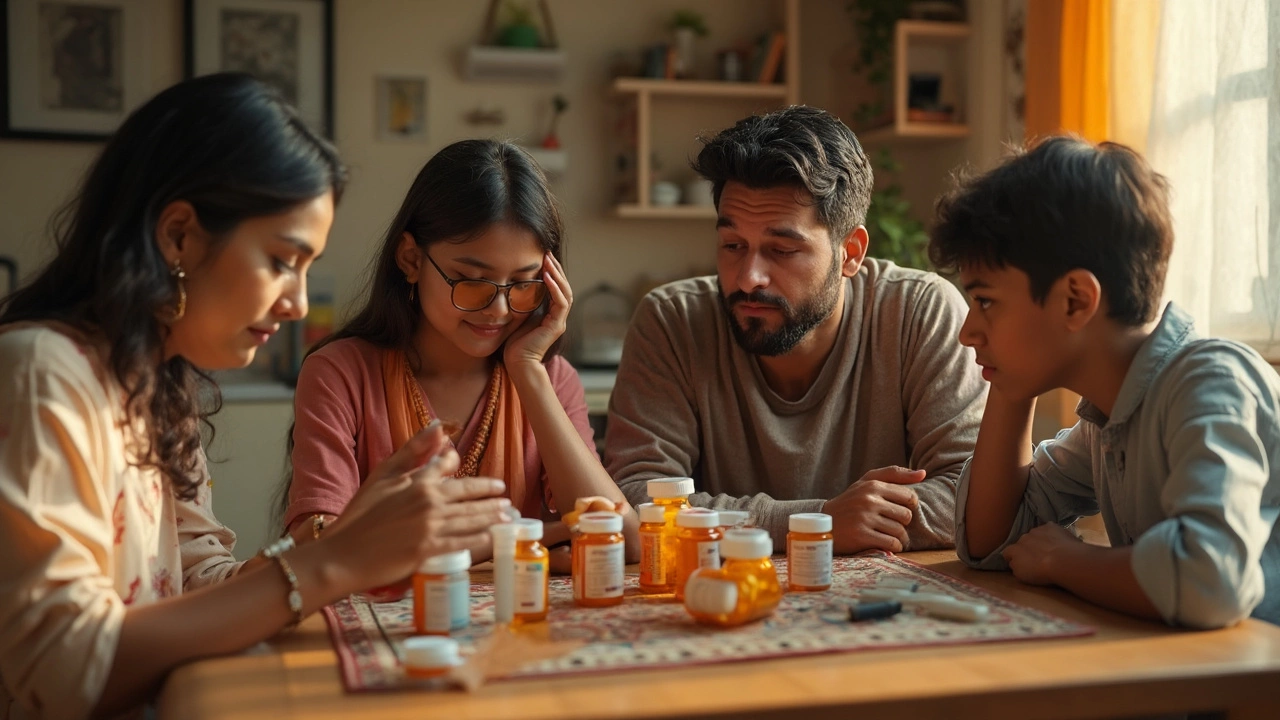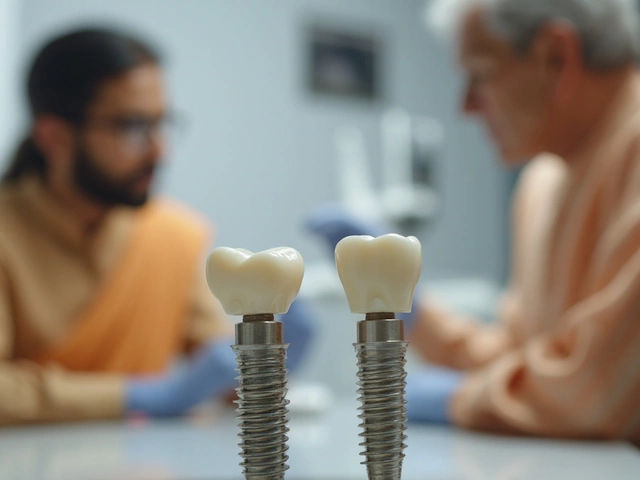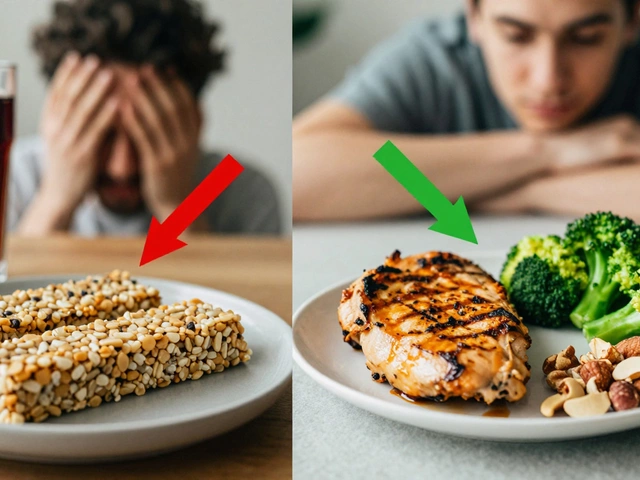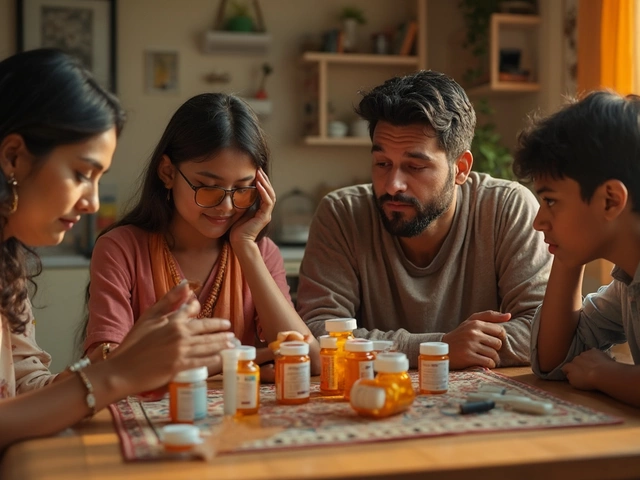People are worried and confused about why metformin, a common diabetes pill, is being stopped or recalled in some places. This article explains the real reasons behind the discontinuation, focusing on safety concerns and regulatory decisions. It also breaks down how this might affect your treatment and what steps you can take next. You'll get straightforward tips for managing your diabetes if you're impacted. Get all the info you need to stay healthy and in control.
Read MoreDrug Recall Alerts: Stay Safe and Informed
Ever bought a medicine only to hear it’s been pulled from the market? It happens more often than you think. A drug recall means a product didn’t meet safety standards or showed unexpected side effects. When that happens, you need fast, clear info so you can protect yourself.
Why Drugs Get Recalled
Manufacturers and regulators issue recalls for several reasons. The most common are:
- Contamination: Bacteria, fungi, or foreign particles can end up in pills or liquids during production.
- Wrong dosage: Labs sometimes discover that the amount of active ingredient is too high or too low.
- Labeling errors: Misprints on the label can lead to dangerous misuse.
- New safety data: Post‑market studies might reveal rare side effects that weren’t known before.
In India, the Central Drugs Standard Control Organization (CDSCO) and state regulators handle recalls. They publish notices on official websites and sometimes in news portals. Keep an eye on those sources if you use prescription or over‑the‑counter meds regularly.
How to Protect Yourself When a Recall Hits
Seeing a recall alert can be stressful, but you can act quickly to stay safe:
- Check the product details: Look at the batch number, expiry date, and packaging size. The recall notice will list exactly which batches are affected.
- Stop using it right away: Even if you’ve only taken a few doses, stop and set the medicine aside.
- Contact your pharmacist or doctor: They can confirm whether you’re holding a recalled batch and suggest an alternative.
- Return or dispose safely: Most pharmacies will take back the product for free. If that’s not possible, follow local guidelines for hazardous waste – don’t just throw it in the trash.
- Stay updated: Sign up for email alerts from reputable health sites or the CDSCO portal. A quick email can save you from a potential health risk.
Remember, a recall doesn’t mean you’re sick; it means the company or regulator found a problem that could become serious if ignored. Acting fast cuts that risk.
Below is a quick checklist you can print or save on your phone:
- Identify the drug name and strength.
- Note the batch/lot number and expiry date.
- Compare with the recall notice.
- Stop using, then contact a health professional.
- Dispose or return the medicine safely.
Keeping this list handy helps you react without panic. Also, share the alert with family members who might have the same medicine at home.
Finally, don’t let a recall scare you away from needed treatment. Most recalls involve a small portion of a product line, and alternatives are usually available. Your health is a priority, and staying informed is the best defense.
Stay tuned to our site for regular updates on drug recalls, safety tips, and practical advice to keep your medicine cabinet risk‑free.





